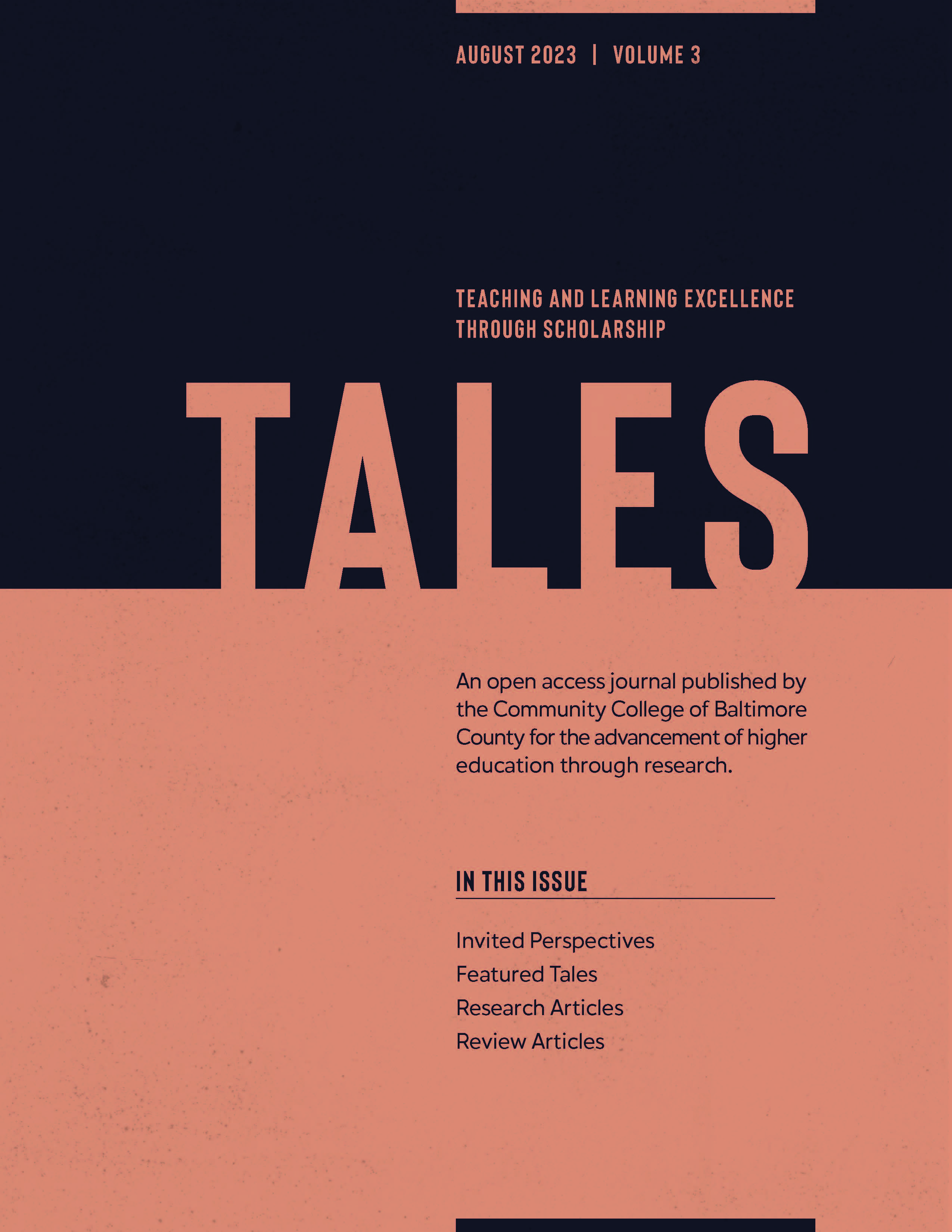Yes, Developmental Students Can Thrive in Integrated Courses and Compressed Terms
Leveraging Institutional Data and National Trends to Build the Best Reading/Writing Program
DOI:
https://doi.org/10.52938/tales.v3i1.2883Abstract
Developmental educators in higher education are caught in a crossfire. On one side, researchers, organizations, companies, non-profits, practitioners, and to some extent, the public, are clamoring for massive reform in developmental coursework in higher education (American Association of Community Colleges, 2018; Edgecombe et al., 2014; Complete College America, 2012). One such reform is the push for integrated reading and writing (IRW) courses. According to Armstrong et al. (2019), this is the promise of IRW: “Integration is an approach that values literacy-based academic communication processes equally and that coordinates those processes purposefully for new-to-college learners.” All of these groups present a compelling argument, but that argument is founded upon a small body of research and practices that work in some situations and with some populations when implemented with fidelity. In spite of that lack of research, some states have forced colleges to develop and implement IRW courses, but Maryland has not.
On the other side, researchers and organizations that have been the backbone of developmental education paint a different picture (Goudas, 2023; Goudas & Boylan, 2012; Saxon et al., 2016a & 2016b). They argue that change and evolution are needed, but not such dramatic, massive reforms, which may sound like quick and easy fixes, but actually create new barriers and disservice to students, and moreover make a good deal of money for those researchers, speakers, and organizers.
The pressure for redesign of developmental reading and writing programs is intense, but other transformations in higher education are also shaping the future of developmental education. For example, as a result of joining Achieving the Dream’s core program in 2019, the College of Southern Maryland (CSM) made a commitment to shift the majority of courses to a compressed 7-week format by fall term of 2021. Part of the Achieving the Dream (2023) mindset is that “Before we can help your institution transform, we have to understand where you’ve been,” which begins with exploring, “your student demographics; your legislative environment; mission and theory of change; past initiatives and student success efforts; and more.” Thus in 2020, the time was ripe to take a deep dive into CSM’s past practices and data and to cull promising practices from the published literature. This dive was the beginning of an 18-month redesign process.


